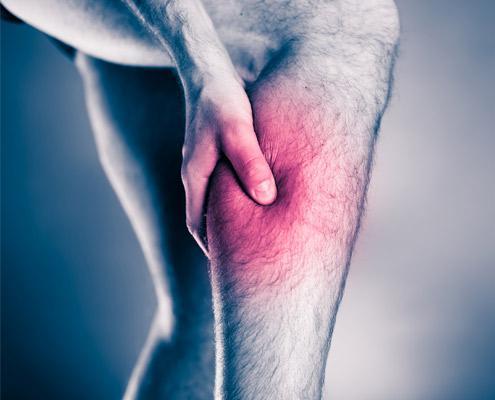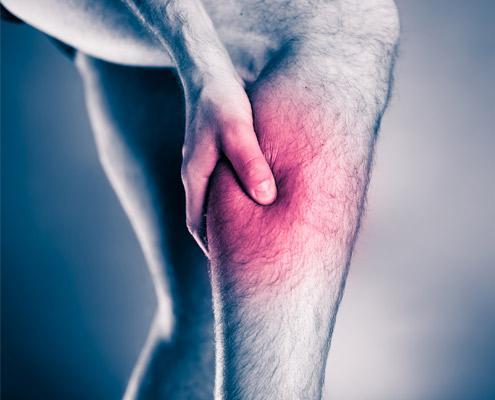
Have you ever experienced a tingling, numbness or weakness in the back of your leg? If you have ever felt this pain, you may have a pinched nerve. A pinched nerve occurs due to pressure applied to a nerve surrounding tissues like muscles, tendons, cartilage, or bones. This pressure affects the nerve’s function which may cause pain, tingling, weakness, or numbness. You can experience the effects of a pinched nerve in a variety of places on your body from your feet to your neck. A herniated disk in the lower back or a pinch in the neck are some of the most common types of pinched nerves.
Causes:
There are a variety of causes that may cause a pinched nerve that range from every day activities to arthritis. If a nerve is pinched for a brief amount of time, there is usually no permanent damage. However, if the pressure continues, chronic pain and permanent nerve damage can occur. Some of the typical causes include:
- Herniated disk
- Bone Spurs
- Obesity
- Wear & Tear
- Poor Posture
- Arthritis
- Injuries
- Degenerative Joint Diseases
- Stress
Prevention:
There are several things that you can do to help prevent a pinched nerve. Try to maintain a healthy weight through a regular exercise program. If you work at a computer or sit for long periods of time, do not cross your legs, sit up straight, and try to stretch or move a little each hour. Try to limit repetitive activities that may strain specific parts and take frequent breaks while performing these actives.
When to see a doctor:
See your doctor if the signs and symptoms of a pinched nerve last for several days and don not respond to self-care measures, such as rest and over-the-counter pain relievers.
The content on this blog is not intended to be a substitute for professional medical advice, diagnosis, or treatment. Always seek the advice of qualified health providers with questions you may have regarding medical conditions.

